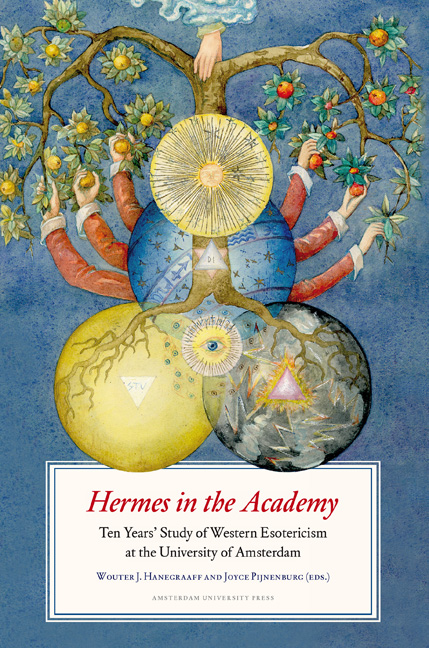The Pagan Who Came from the East: George Gemistos Plethon and Platonic Orientalism
Published online by Cambridge University Press: 20 January 2021
Summary
Tief ist der Brunnen der Vergangenheit. Sollte man ihn nicht unergrundlich nennen? Thomas Mann, Joseph und seine Brüder
Western esotericism has much to do with the search for origins, as we will see, and scholars have been no less concerned with the origins of esotericism. 1462 has often been mentioned as a starting point, because in that year a Greek manuscript of the Corpus Hermeticum arrived in Florence, and its Latin translation by Marsilio Ficino (1463; first printed in 1471) led to what Frances Yates called “the Hermetic Tradition” of the Renaissance. But in history, every origin has itself an origin: in this case, one that occurred 24 years earlier, with the arrival in Florence of a Byzantine philosopher, George Gemistos, later known as Plethon (ca. 1355/1360-1452).
He traveled as part of a delegation under the Byzantine Emperor John VIII Paleologus and the Orthodox Patriarch Joseph II, who had been invited to participate in a Council in Italy to discuss a possible reunion of the Eastern and Western churches. On 4 March, 1438, the party met the Pope in Ferrara, but mainly for financial and security reasons the Council was transferred to Florence in January of the following year, where it continued well into the summer. Plethon was already around 80 years old, and several of the Greek delegation's outstanding intellectuals had once been his pupils. The impression he made among the humanists of Florence has become the stuff of legend:
When there was a wonderful gathering in the West of wise and eminent men, and a great debate on the matter of the Church's doctrines, how can one describe the admiration they felt for this man's wisdom and virtue and his powers of argument? He shone among them more brightly than the sun. They regarded him as their common teacher, the common benefactor of mankind, the common pride of nature. They called him Plato and Socrates, for he was not inferior to those two in wisdom, as everybody would agree.
Much later, in 1492, Marsilio Ficino would evoke a similar picture in the dedication to Lorenzo de’ Medici of his translation of Plotinus’ Enneads. At the time of the Council, he writes, the young Cosimo de’ Medici had often listened to Plethon, who had “spoken of the Platonic mysteries like a second Plato.”
- Type
- Chapter
- Information
- Hermes in the Academy , pp. 33 - 50Publisher: Amsterdam University PressPrint publication year: 2009



